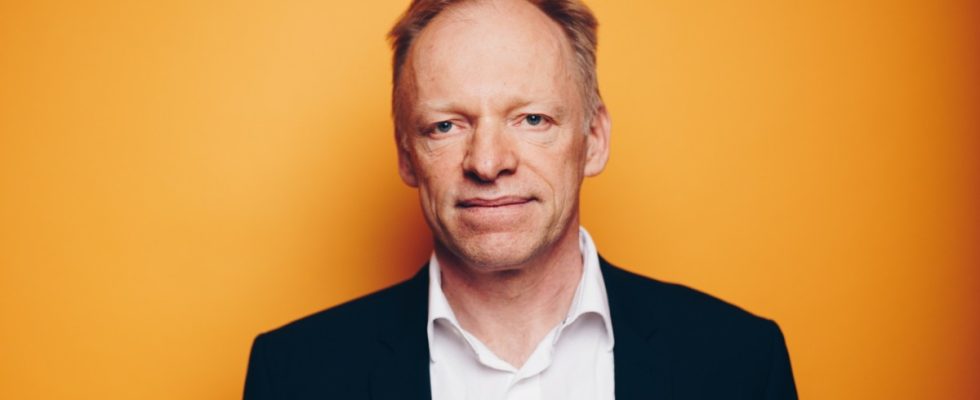Fly less, stop eating meat, cycle to work more often. Such changes in behavior should contribute to a sustainable world. But Clemens Fuest, President of the Ifo Institute, does not believe in the effect of such measures. He believes that reducing consumption as a concept on the way to global sustainability is unrealistic because people, especially in emerging countries, cannot be motivated to do so. Instead, he put his hopes primarily in technology and investments, he said at the Munich Economic Debates.
Fuest does not see sustainability and prosperity as contradictory, rather they are two sides of the same coin. In the long term, sustainability is a prerequisite for prosperity, since conventional economic growth can no longer exist at some point in the event of severe environmental destruction. In order to stop this destruction of natural resources, the world’s ecological footprint must be reduced, and dramatically so: “In the next ten years we should reduce our ecological footprint by a third.” Then nature can recover.
Fuest regards technical progress as the most important tool for this. “Today we have no idea about the technical possibilities in the future,” he said, contradicting this popular slogan of climate activists: “The earth is limited and therefore economic output is limited.” Fuest said: “That contradicts every experience.” Because human knowledge is unlimited and so is the innovative potential.
Fuest spoke out against government measures that slow down growth and consumption. That could work on a national level, but you have to think about sustainability globally: “It doesn’t change anything about the development of the world.” Economic growth and consumption cannot be controlled politically. They followed from the decisions of individual people – and they wanted to develop. “In India there are 1.2 billion people who would like to have a refrigerator. I think that’s right,” said Fuest. “Consumption will continue to increase, growth will continue to increase, and we have to come to terms with that.”
In his view, this can be achieved by massively accelerating technological progress, including through state incentives, and by aligning innovations with sustainable technologies. Fuest called for public investment in research and development. In addition, the incentives for private investment should be greatly improved. Fuest sees another important tool in the pricing of environmental goods such as EU emissions trading. “However, pricing means that you also reduce quantities.” The total amount of environmental goods, such as CO₂, must be limited. In addition to investments in sustainable technologies, Fuest also calls for investments in natural capital, such as afforestation: “It’s a relatively cheap way of doing climate protection.” In addition, agriculture needs to be more strongly geared towards protecting the biosphere, the expansion of the recycling industry and more protection of natural areas, including in emerging countries.

